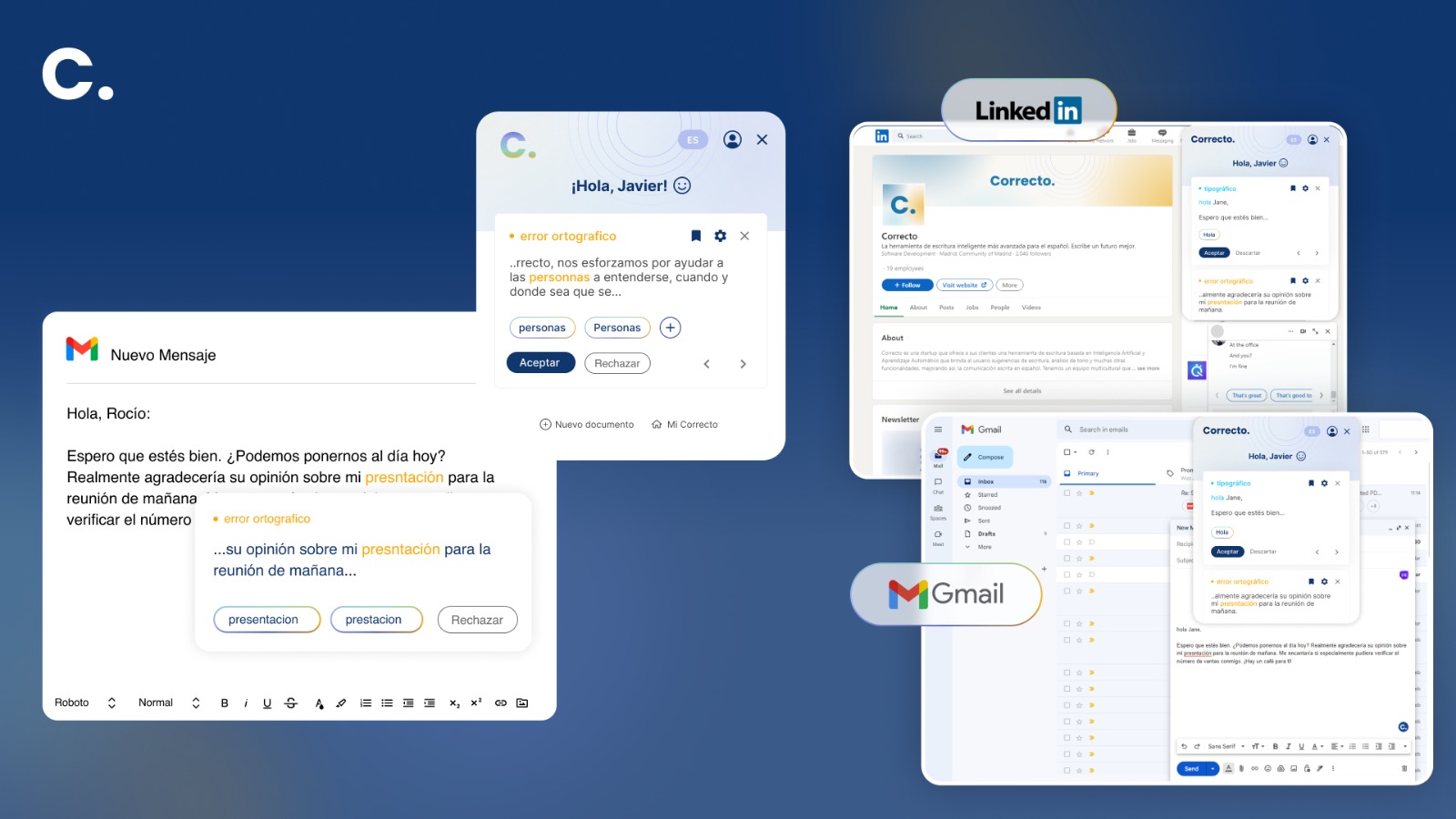Amazon CTO Werner Vogels, known for his annual keynote at the AWS re:Invent conference, recently sat down for an interview to share his insights and predictions for the upcoming year. Vogels touched upon several important topics, including the cultural awareness of generative AI, the impact of large language models (LLMs) on developer productivity, and the rise of women’s health tech.
Key Takeaway
Vogels predicts that generative AI will become culturally aware, enabling models to better understand different cultural traditions. He also believes that LLMs will greatly enhance developer productivity through advanced code completion and generation services. Additionally, he expects women’s health tech to thrive as societal stigmas surrounding women’s healthcare diminish and venture capital flows into the market.
Generative AI and Cultural Awareness
Vogels highlighted the importance of making AI models culturally aware to deploy these technologies worldwide successfully. He emphasized that training models solely on English, which is U.S. and Western European-centric, limits their understanding of diverse cultural aspects. To overcome this limitation, Vogels suggests leveraging technologies that enable multiple agents to debate and test each other. By incorporating cultural nuances into AI models, companies can ensure their technology aligns with human values and customs.
Enhanced Developer Productivity with LLMs
Vogels discussed how LLMs, or large language models, are revolutionizing developer productivity. Unlike previous tools that were mainly focused on efficiency and catered to copy-and-paste developers, today’s LLMs have a broader view of coding. Vogels compared them to having a senior developer by your side who possesses vast knowledge about a specific code base. By alleviating tasks such as writing tests, refactoring code, and generating boilerplate code, generative AI empowers developers to focus on higher-level tasks and accelerates their learning on the job.
The Rise of Women’s Health Tech
According to Vogels, women’s health tech is set to experience significant growth due to shifting societal attitudes and reduced stigmas surrounding conversations about women’s healthcare. The increase in dialogue and awareness, driven by both women and men, has contributed to a favorable investment environment. Vogels believes that personalized and precision medicine will play a crucial role in improving women’s healthcare. With the advent of femtech and precision healthcare, women’s health concerns can be addressed more effectively using modern techniques.
Educating Users About New Technologies
As technology advances at a rapid pace, Vogels acknowledged the challenge of educating users before new technologies are released. The compressed technology adoption cycles often lead to confusion and knee-jerk reactions from users. Vogels emphasized the importance of continued education to bridge this gap and ensure a smooth integration of new technologies. While acknowledging the need for improved education, Vogels expressed his optimism that the industry will address these challenges and deliver meaningful technological advancements.
In conclusion, Werner Vogels’ insights provide valuable perspectives on the future of generative AI, developer productivity, and women’s health tech. By fostering cultural awareness in AI models, empowering developers with LLMs, and embracing the potential of precision healthcare, the tech industry can drive positive change and create a more inclusive and efficient future.

























